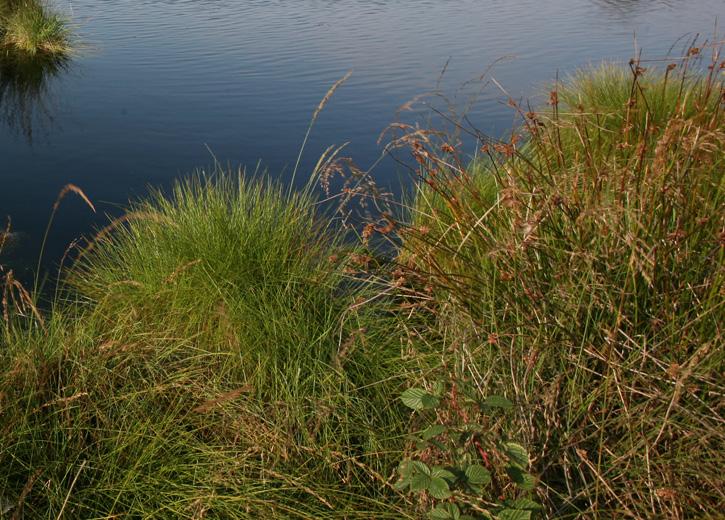
1 minute read
peat-free future’ ?
change, and the 2030 date would have managed that.
AIPH’s Secretary General Tim Briercliffe believes that bringing that date forward is extremely foolish, not only because he is sure it will prevent an orderly transition but will also fail to achieve any additional environmental benefit.
Advertisement
Some EU countries like Germany are pushing hard towards peat-free and non-EU like Switzerland.
Briercliffe says, “Across the rest of Europe, there is a more managed approach with industry, and it is hard to see all EU countries agreeing to a ban in the same way the UK has, at least not in timescales, anything like as quick.
“Although countries like Germany can push, they can’t ban it unless the whole EU agrees.”
That said, the overall push for sustainable production in Europe is strong, and growers can see this. Many are working on looking for alternatives.
For example, Leonardo Capitanio from Vivai Capitanio in southern Italy has hired someone specifically to research this for his company. Unlike for peat, there will be no one size fits all solution, and while wood-based materials might have a strong place in the UK, they are simply not available in other areas such as in Italy. They are looking at using olive bark but find challenges with the tannins.
A very innovative grower, Charl Goossens from Gova BV in the Netherlands, supplies Laurus to the UK market. He has worked extensively on researching alternatives and is peat-free. They grow and process Miscanthus grass specifically for this purpose and sell it to other local growers too. But this wouldn’t work in hot climates where water is scarce, and that crop wouldn’t grow well.
The panel gave a flavour of the challenges faced but also brought out the innovative players in our industry.
The impending ban in the UK has certainly stimulated much action in Europe, particularly the Netherlands. They will find solutions with their spirit of collaboration and innovation, but they really want the solutions to be genuinely sustainable.
Briercliffe concludes, “They don’t want to find themselves in the situation of finding an alternative which is also considered unacceptable sometime in the future.”










